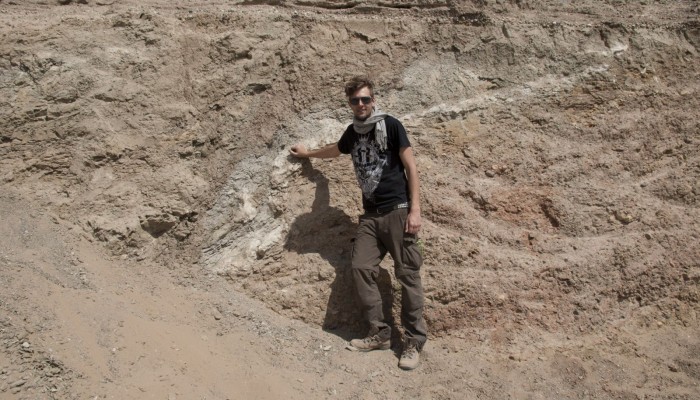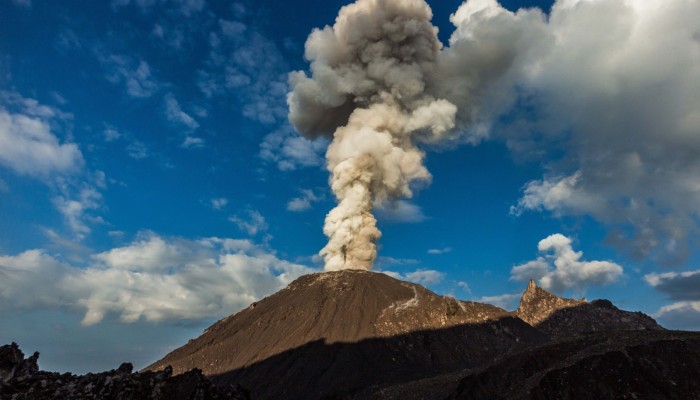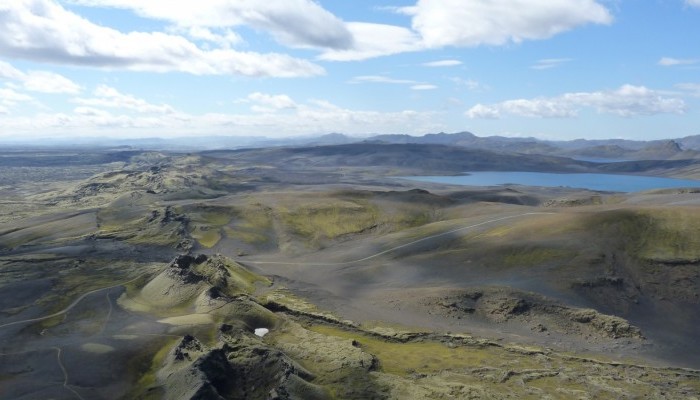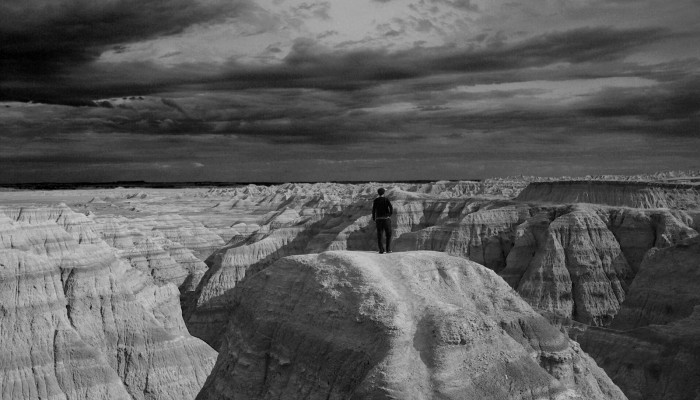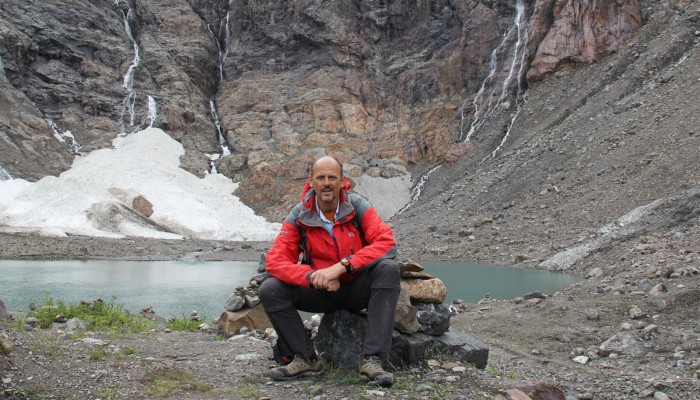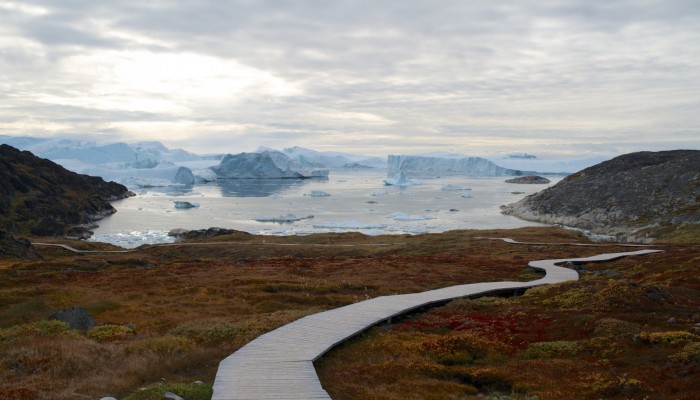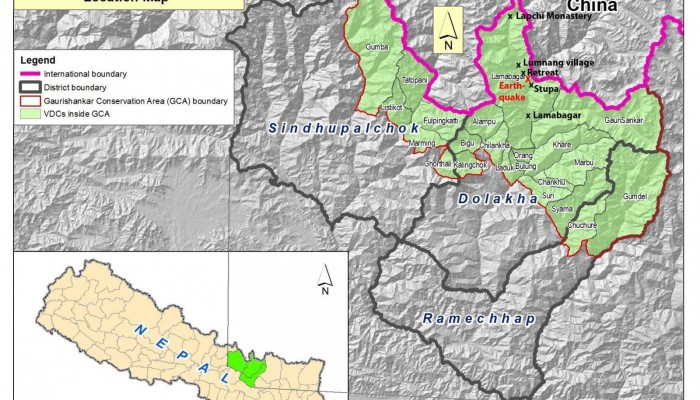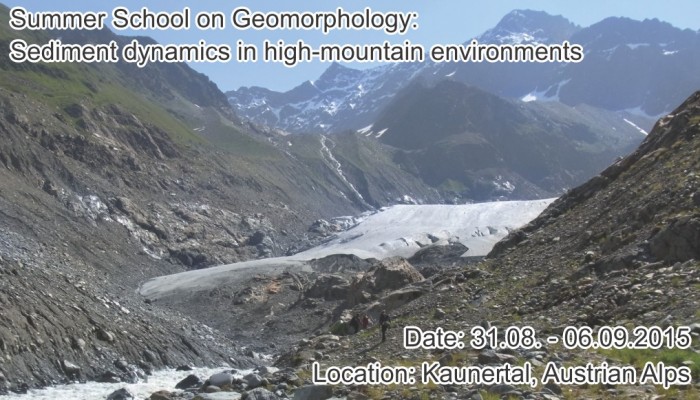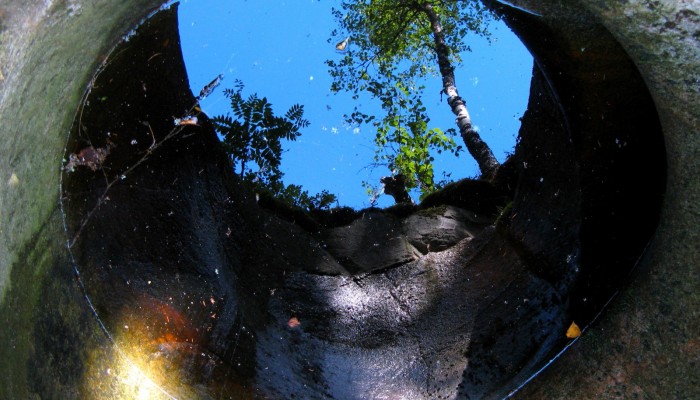Earlier this year we ran the second I’m a Geoscientist event, an online chat-based game show in which school kids vote for their favourite geoscience communicators. In this week’s GeoTalk, Laura Roberts talks to Andi Rudersdorf, a neotectonics PhD student and winner of this year’s I’m a Geoscientist… First, for those who didn’t been following I’m a Geoscientist, can you tell us a little about you ...[Read More]
GeoLog
Studying an active volcano – in pictures
Santiaguito volcano in Guatemala is one of the most active volcanoes in Central America: currently erupting every 45-90 mintues, from its active lava dome Caliente, while at the same time sending a lava flow down its flanks. This makes it an ideal study object for volcanology. A group of volcanologists from the University of Liverpool, in the UK, installed a network of geophysical stations around ...[Read More]
Atmospheric Sciences
What is the biggest air pollution event in the modern era?
It’s hard to think of the scale of the biggest air pollution event in the modern era. Immediately my mind conjures up memories of black and white photographs of the Great London Smog of 1952. Then I start thinking bigger, how about the 1.2 billion vehicles world-wide on the road churning out nitrogen dioxide every single day? Well these are a drop in the ocean compared with bigger industrial pollu ...[Read More]
GeoLog
Imaggeo on Mondays: A voyage through scales – The Badlands National Park, South Dakota.
Layer upon layer of sand, clay and silt, cemented together over time to form the sedimentary units of the Badlands National Park in South Dakota, USA. The sediments, delivered by rivers and streams that criss-crossed the landscape, accumulated over a period of millions of years, ranging from the late Cretaceous Period (67 to 75 million years ago) throughout to the Oligocene Epoch (26 to 34 million ...[Read More]
Geomorphology
Interview with Peter van der Beek
Peter van der Beek, Professor at the University of Grenoble, France, has recently been elected the new president of the EGU GM division. In order to introduce himself to the community, Peter has kindly agreed to answer a couple of questions regarding his ideas for the future of the GM section: 1) Dear Peter, congratulations to the Division Presidency! Would you please tell us a bit about yourself ...[Read More]
GeoLog
Imaggeo on Mondays: Just Passing
If lucky enough to visit Ilulissat Icefjord, you’d find yourself in a truly ancient landscape. From the up to 3.9 billion year old Precambrian rocks, to ice dating back to the Quaternary Ice Age (2.6 thousand years old) and archaeological remains which evidence the past settlement of this remote Greenlandic outpost, it’s no surprise this stunning location has been declared a UNESCO world heritage ...[Read More]
Geology Jenga
A new initiative for Communicating Geomorphology
It has been too long since my last post as the full impact of Post-doc life took hold: it’s been fascinating, fulfilling and fatiguing in equal measure. One recent development I’m delighted to compose a post about is a new initiative I’m helping to launch. It’s a Working Group aimed at evaluating how we, the geomorphology community, have communicated our science in the past ...[Read More]
GeoLog
The day the Earth trembled: A first-hand account of the 25 April Nepal earthquake
On the 25th April 2015, Viktor Bruckman, a researcher at the Austrian Academy of Sciences, and a team of his colleagues were a few hours into a hike between the settlements of Lamabagar, in a remote area of northeastern Nepal, and the Lapchi Monastery when a magnitude 7.8 earthquake struck Nepal. Their journey cut short by the trembling Earth, stranded in the heights of the Himalayas, this is thei ...[Read More]
Geomorphology
Summer School on Geomorphology (September 2015)
“Sediment Dynamics in high-mountain Environments” We’re happy to announce that our proposed Summer School on Geomorphology (SSOG) “Sediment dynamics in high-mountain environments” has been evaluated positively and will be funded by the Volkswagen Stiftung. The summer school will take place in the Kaunertal Valley, Austrian Alps, where we will combine a hands-on field learning app ...[Read More]
GeoLog
Imaggeo on Mondays: Seeing the world through a pothole
A beautiful image of a forest reflected in a pool of water within a pothole in southern Finland is this Monday’s Imaggeo image and it brought to you by Mira Tammelin, a Finish researcher. The photo illustrates a pothole in the Askola pothole area in southern Finland. The pothole area is situated on the steep slopes next to river Porvoonjoki, approximately 70 kilometers to the northeast from ...[Read More]

